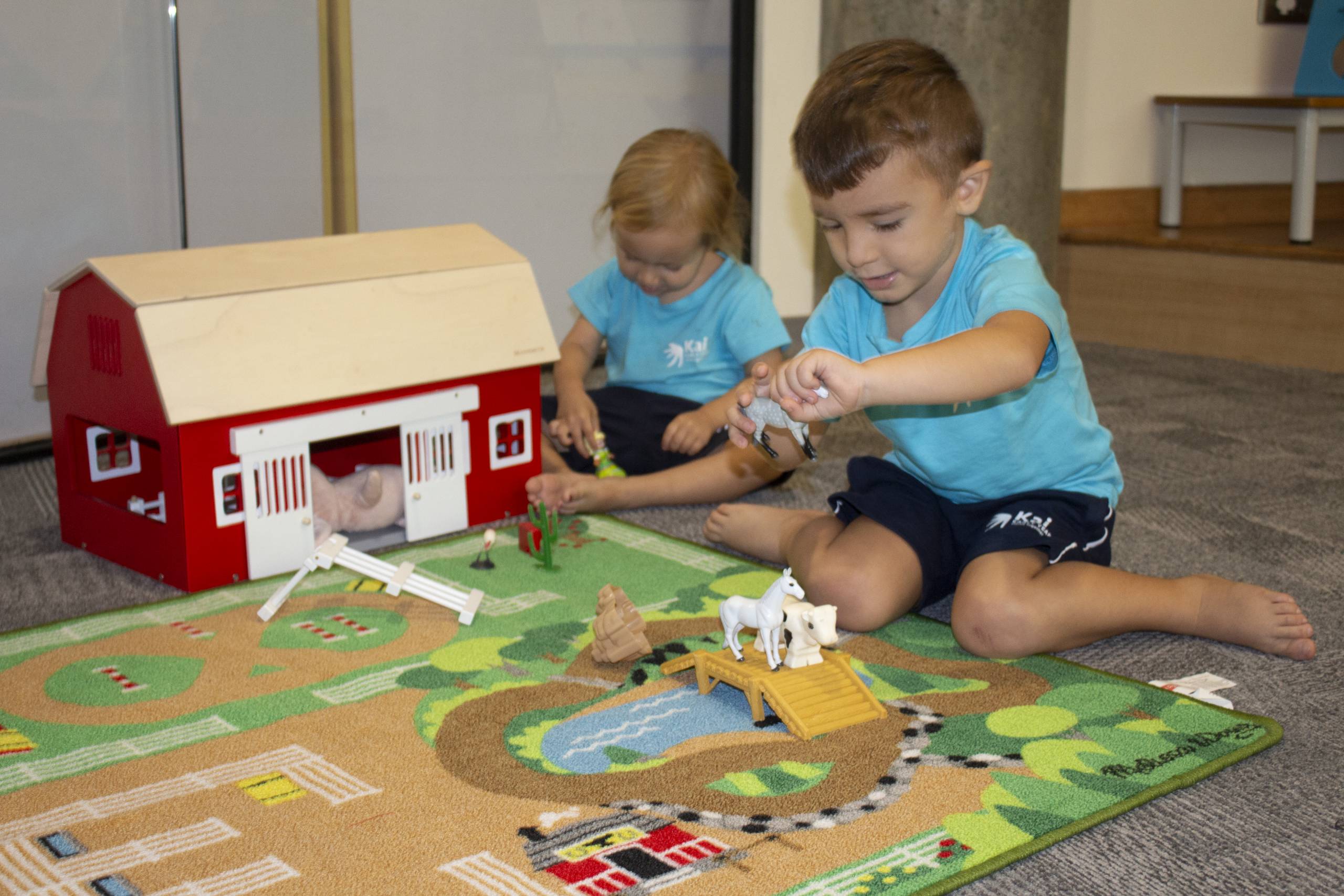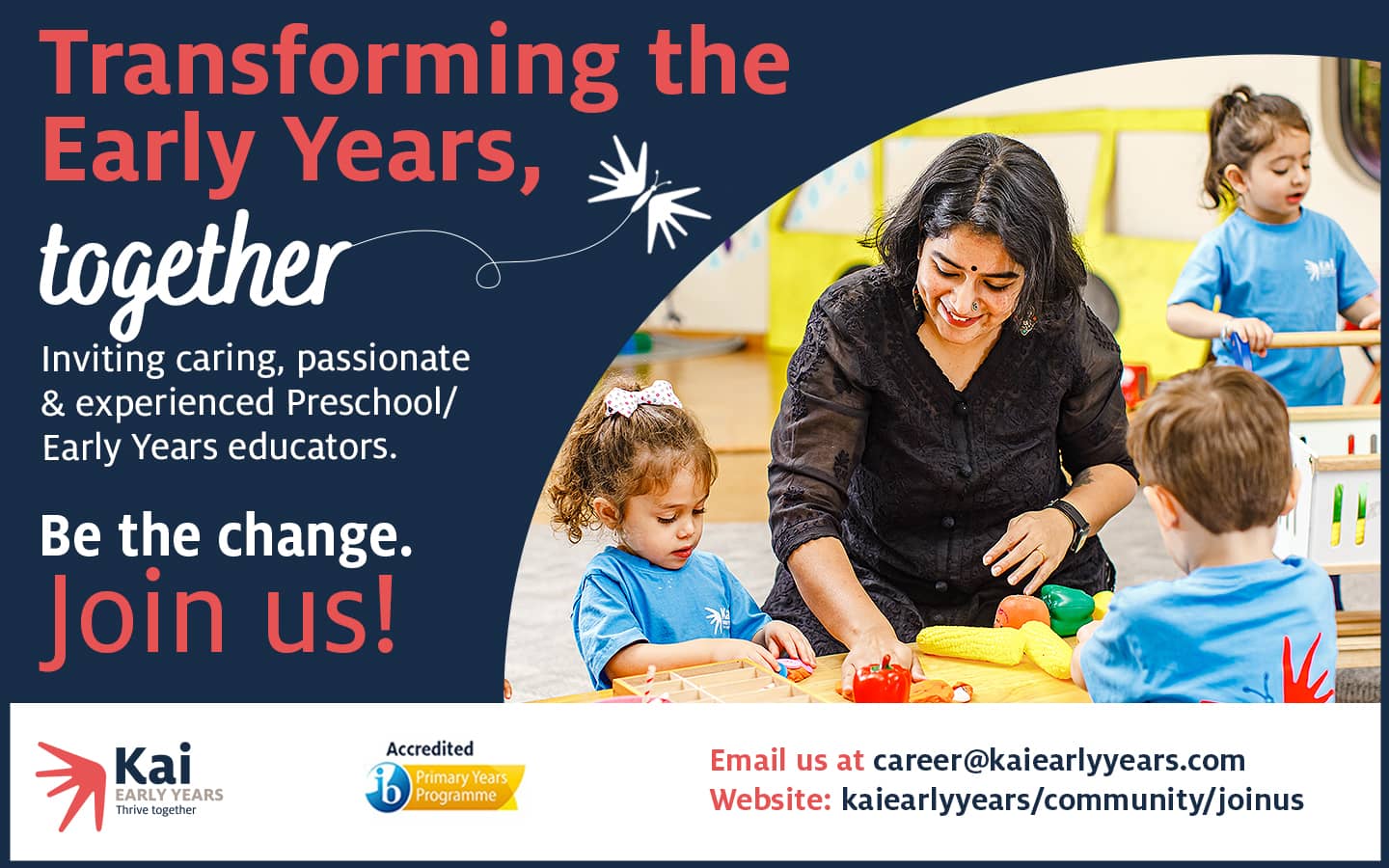The Importance of Play
As we are well aware maximum learning for a person happens between the ages of 0-6, it is at this age that children acquire almost all the skills needed to be successful later in life. It is these first years that shape a child’s future, most significant brain development happens at this time, hence sufficient stimulation must be given to children so they can have positive progress in all their learnings, as well as physical and mental health.
What better way can there be for children to learn than play?
Play is what allows children to build on their creativity, imagination, physical and social skills. It is through play that children interact and understand the world around them. Play helps children to learn how to negotiate, discuss, understand, resolve conflicts, and build resilience.
International schools across the world advocate almost all learning through play which could either be structured or unstructured. All play is considered ‘Meaningful’ and no matter what the children do during this meaningful time they always learn and gain. Meaningful play is one that drives the children and motivates them to explore the environment and the people around them. It is this play that gives children rich experiences that are created spontaneously in a risk-free environment. When play is child-driven and not adult controlled the children can build on decision-making skills as well as discover their interests and passions. If adults take charge then play might lose the benefits of developing creativity, leadership, and some of the social skills that we so look forward to developing in the children.
In an academic environment social, emotional as well as cognitive development are all addressed through play especially in an early year’s setting. Play helps children adjust and settle down to new environments, it enhances learning readiness, and most importantly helps in peer interactions and relationship building.
Simple fun games like shaking a rattle, playing hide & Seek or Peekaboo teaches children about communication, develops inquiring minds, and helps with problem-solving skills. Something as simple as knock down the blocks or water play can help build science and math concepts. Shapes, sinking and floating, balancing, counting, building blocks, and more are some of the enjoyable ways of teaching higher-order concepts.
Research has indicated that early experiences rich in language and literacy are important and essential for long-term academic effects- Language is an essential skill for daily communication; it is everywhere. The best way for preschoolers and toddlers to build on their language skills is through play.
Communicating, having conversations is a fantastic way to teach language, the minute children start talking about their favorite game and their favorite toys they get involved in the conversations and love to talk about the things they have created or done thereby adding to their vocabulary. Puzzles, alphabet matching games, flash-cards, story sequencing games and most importantly role-play with silly props and voice modulations are all stepping stones to great language building in a child. As they grow older children can explore fun drawings and writing activities to build on their creative writing skills clubbed with creativity, imagination, and thinking skills.
We as adults need to lay the strong foundation for formal education- play is a vital ingredient to that, the more we engage in playing, responding, and connecting with children through play the stronger the bonds and development will be seen.

